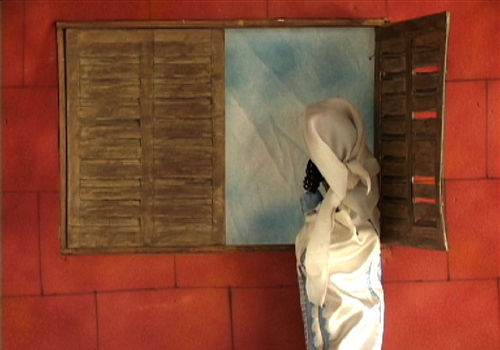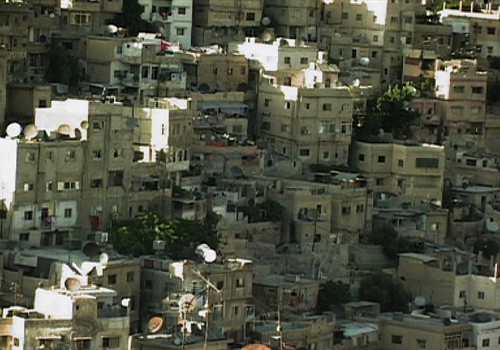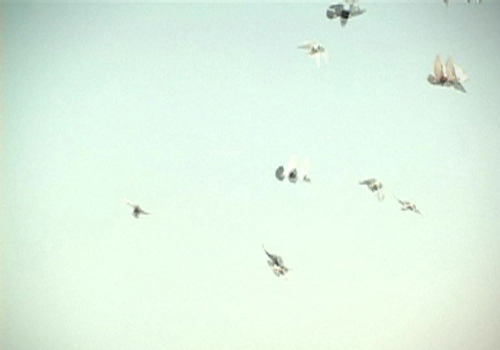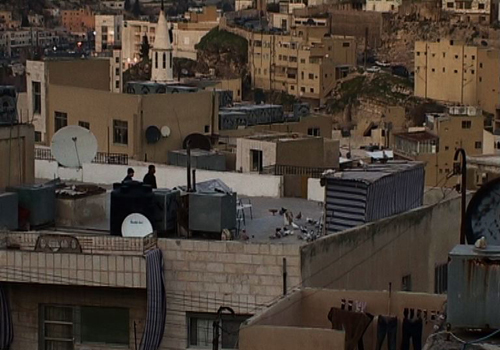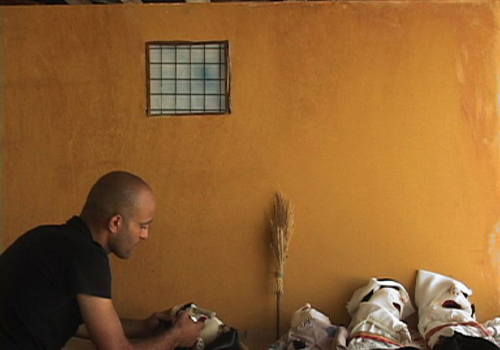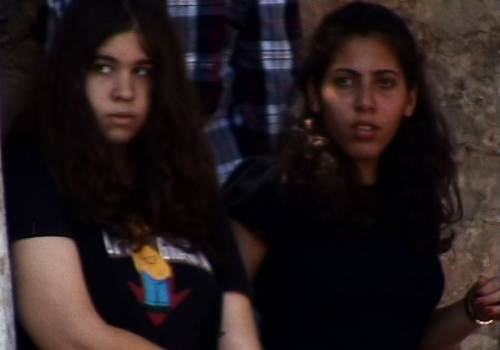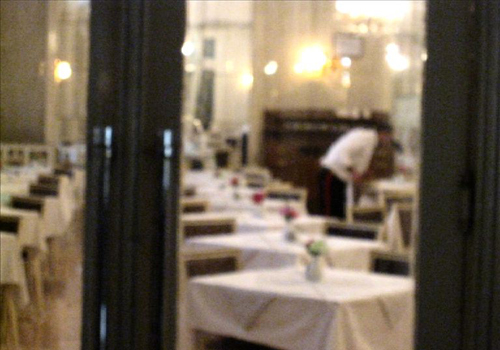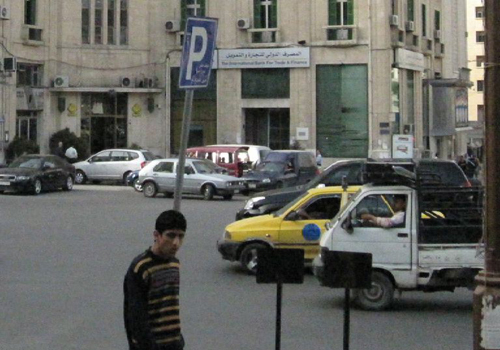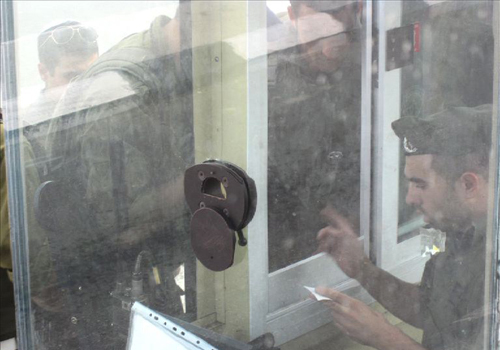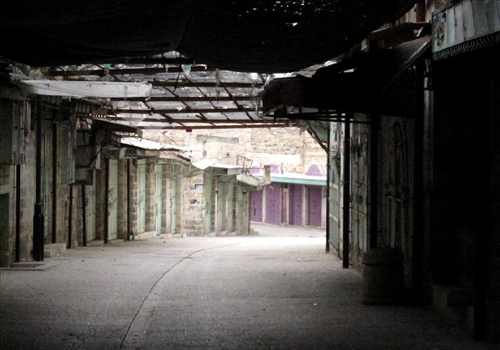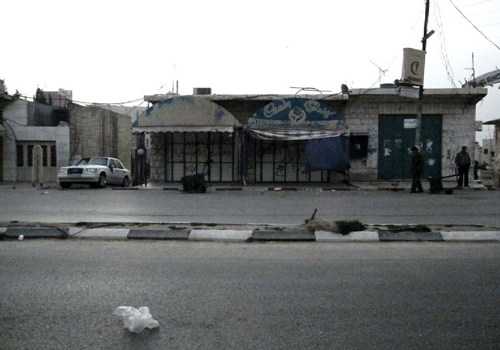Stories from East and West
video, 26 min 2009/2010.
Video- and sound recordings, photographs and notes from journeys in Jordan, Syria, Lebanon and The West Bank.
A starting point for my ongoing research is the consequences of imperialism and Eurocentrism; nomadic life, global restlessness, diaspora and everyone who has fallen out of the stable order. A state of constant motion can be a way to live or a way to escape life. It may become isolation, to be stuck in the void, a floating existence, homelessness and alienation. How is freedom created and how is freedom maintained? When is it appropriate to talk about geographic belonging - when is it appropriate to talk about gender, religion, nationality or class? And who do I become when I am traveling, how does it affect my identity? Could my traveling itself be considered a political action? During my travels I have been experiencing various restrictions that stem from the fact that I am a woman. And all kinds of privileges connected to the fact that I am European. On the one hand I am privileged, on the other hand inferior as a stranger and woman. Reflecting on the complexity of my position has triggered my interest for conducting research on the female traveler. I began to think about the flâneur as a character and phenomenon – the man who walks, contemplates, registers, consumes with his gaze. But the flâneur is a man and I am a woman. My ongoing research is investigating the possibilities of the Flâneuse as a character and phenomenon, her history and interaction with space, a woman walker, an existence in transit. The Flâneuse as I perceive her, derives through a multitude of people, voices and occasions. She is a character who wants to liberate herself from her former attributes, navigating through a sea of cultural filters.
With support from Swedish Arts Grants Committee and IASPIS

